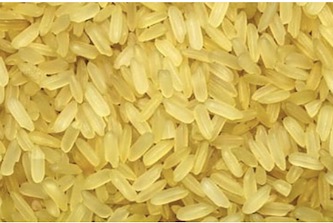
On July 14, after months of economic and social unrest, Sri Lanka’s President Gotabaya Rajapaksa resigned in disgrace and fled to Singapore, leaving in his wake an economic crisis and a food shortage.
How Rajapaksa’s fate was sealed is not complicated.
You probably heard that Sri Lanka adopted an all-organic approach to agriculture, banning the import of regular fertilizer and fuel because activists assured the government that organic farming was the future. As a result, in merely one year Sri Lanka went from an exporter of rice to an importer. Sri Lanka was not a wealthy country to begin with, and the organic experiment—combined with Covid-19 and government lockdowns—plunged about half a million people into poverty and caused prices to surge. (Inflation is running well over 50 percent, the BBC notes.)
It is a classic example where a supposedly “green” policy was implemented with a lot of fanfare, achieved very little, and created a lot of suffering.
Moreover, such environmental overzealousness is not limited to countries like Sri Lanka. Rich countries have their share of poorly-thought-through “sustainable” initiatives that create a lot of misery and achieve little good. It’s just that rich countries have capital (or license to print dollars and euros) to hide the effects of bad policies.
Consider the current issue of high energy prices. Sure, there are some unexpected factors, like Russia’s invasion of Ukraine. However, expensive energy is largely a product of bad policies across the world. more here

In a just world the asshole would have been torn limb from limb
An msNBC / Bank of America CEO AFRI-Co-produckchen
Same as the elite leftists will do when the SHTF.
‘What, me worry’
Sri Lanka is an undiscovered jewel, often deserted beaches and welcoming locals invite the lucky tourists with more than just money.
Happening in Denmark.
And getting started in Canuckistan.
I’ll make Tree Rat with Rigatoni in a Mushroom Sauce.
i assume the “Activists” are still alive and active? and why is that?
“… an economic crisis and a food shortage.”
A Feature, not a bug.
That’s the whole point of the Enviro-Nazi movement.
mortem tyrannis
izlamo delenda est …